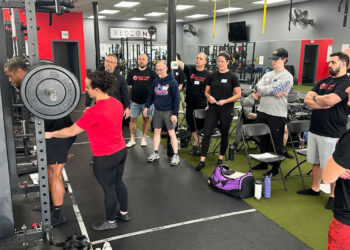Sports and fitness facility owners, as well as personal trainers, may avoid liability waivers as part of their insurance coverage due to doubts about their effectiveness in protecting them from claims and the potential for high insurance premiums. However, the efficacy of a waiver in court is determined by state laws, making it crucial to have a well-written waiver that specifically references the laws in that state.
Waivers 101
While we often hear about cases where a liability waiver failed to protect a fitness center from claims, many more instances exist where the waiver resulted in a claim being dismissed by the court. A liability waiver is meant to release the facility from liability for injury resulting from ordinary negligence, but working with a lawyer experienced in the liability waiver laws of the state is critical to ensure protection. Some states require specific language for the waiver to be upheld in court. Though cost-saving resources are available to help fitness center owners draft their own waivers, it’s essential to have an experienced attorney review and edit the waiver before it’s used in the facility.
Don’t Skimp on Other Strategies
A well-written liability waiver is the best tool fitness facility owners can use to manage risk, but be aware it cannot protect them from gross negligence, reckless conduct or intentional acts. Thus, it’s vital to take additional steps to protect your fitness business from claims due to such carelessness. This includes carrying an appropriate level of liability insurance, taking appropriate measures to ensure the safety of all members, and diligent, ongoing documentation of upkeep and maintenance throughout the year.
Consult an Expert
A well-written liability waiver should be developed with the assistance of an expert, such as an attorney experienced in the liability waiver laws of your state as well as the fitness industry. It’s best to use a standalone waiver document — separate from membership or participation agreements — as these have proven to be more effective in court. The waiver document should be specific to the facility and the activities that the participant will engage in, and it should be worded positively to explain how the facility prioritizes safety and to highlight the inherent risks of participation. Obtaining a waiver for minor participants in fitness activities and childcare facilities is imperative, and expert assistance should always be sought in drafting such waivers.
A Worthwhile Investment
While waivers may work differently in various states, they are indeed a worthwhile investment that can save fitness businesses from claims, making them well worth the money spent to have them properly written.










